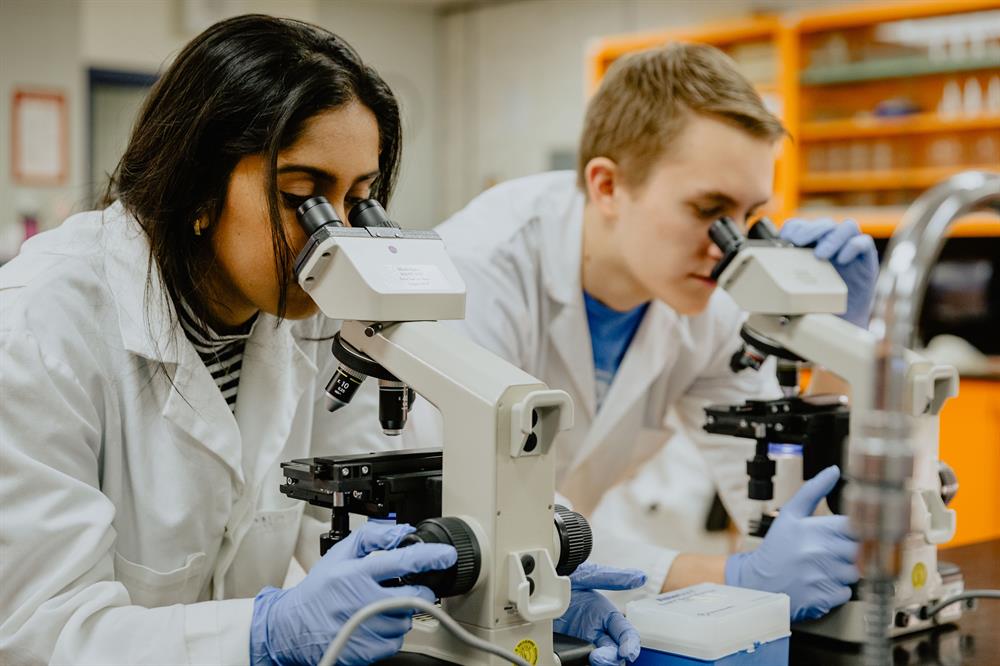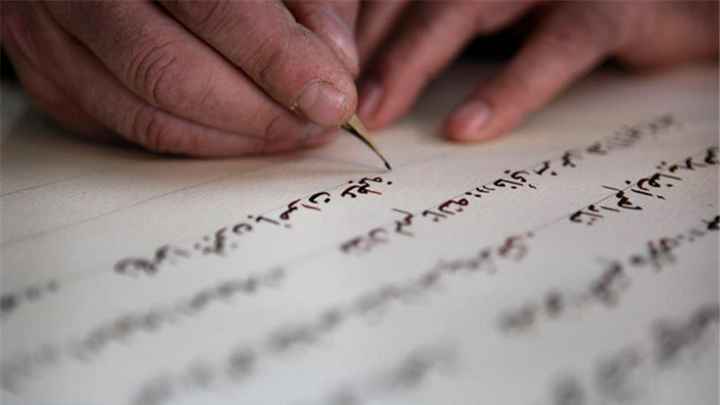What you'll learn
- Cell formation, structure and functions
- Movement in and out of cells
- Biological molecules and human digestion
- Respiratory system
- Transport in animals
- Disease, immunity and drugs
- Plants
- Coordination, response and excretion
- Reproduction
- Genetics, inheritance, classification,variation and selection
- Organisms and human influence on the environment
- Biotechnology and genetic engineering
Introduction
This document provides a comprehensive overview of the LRN International GCSE Biology curriculum. It serves as a valuable resource for various stakeholders, including candidates, educational centers, administrators, employers, parents/guardians, teachers, and examiners. The specification outlines essential features and administrative procedures associated with this international qualification.
Objective
The LRN International GCSE Biology curriculum aims to enable international candidates to showcase their scientific abilities in practical and theoretical aspects across a range of biological concepts, functions, and processes. The qualification promotes an understanding of the complex and diverse phenomena of the natural world, including plant and animal cell biology, human body systems (such as the heart, circulatory system, digestion, and respiratory system), disease, health, and drug use.
Mode of Delivery
This qualification is designed to be delivered within educational centers. To receive accreditation, centers must demonstrate to LRN that they possess the necessary resources, facilities, and competencies. Additionally, centers must meet LRN’s criteria for capability, capacity, and resources, including having suitably qualified staff.
Progression
The LRN International GCSE Biology curriculum accommodates candidates with diverse backgrounds, education levels, and career aspirations. Depending on the level of qualification achieved, candidates may progress to:
– A similar Level 2 qualification in Biology;
– LRN Level 2 Certificate or Diploma in Pre-A Foundation Studies;
– LRN Level 3 Diploma in Pre-U Foundation Studies;
– A higher level of any qualification – e.g., A-Level, Diploma;
– Vocationally Related Qualifications.
Breakdown of Assessment Objectives
AO1 – Demonstrate knowledge and understanding of:
– Scientific ideas;
– Scientific techniques and procedures.
AO2 – Apply knowledge and understanding of:
– Scientific ideas;
– Scientific inquiry, techniques, and procedures.
AO3 – Analyze information and ideas to:
– Interpret and evaluate;
– Make judgments and draw conclusions;
– Develop and improve experimental procedures.
Assessment
The assessment for this qualification consists of (i) written exam papers, and (ii) practical demonstration of skills, set and marked by LRN.
Results
Exam series are offered in:
– January (results released in March);
– June (results released in August);
– November (results released in January).
Re-takes
Candidates can re-take the entire qualification as often as desired. However, individual components cannot be re-taken, as this is a traditional linear specification. Note that a single entry per qualification is sufficient and covers all question papers, including certification.











